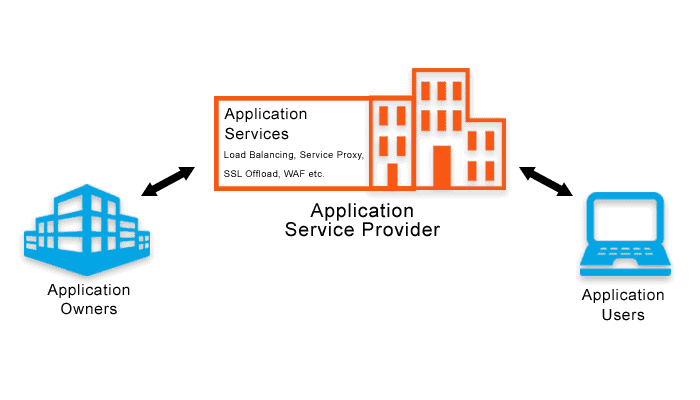Application Service Provider Definition
An Application Service Provider (ASP) provides applications and related services over the Internet. Enterprises rent ASP software for a fee. The software is accessed remotely through a web browser and not installed on a company’s local drives. A multi-tenant version of this model is commonly known as Software-as-a-Service (SaaS).
ASP services have become an important alternative to owning software, especially for small- and medium-sized businesses with limited information technology budgets. Larger companies are using ASP services as a form of outsourcing. Application service provider advantages include reduced IT capital expenditure, easier software and hardware maintenance (such as automatic software upgrades), and better collaboration with mobile users. The application service provider model (or asp model) also works well for specialized applications that would be too expensive to install and maintain on company computers.
ASP services make software less expensive and easier for companies to use by providing automatic upgrades and technical support. Application service providers created the concept of centralized processing or computing — accessing one central copy of the software versus purchasing and maintaining multiple copies on every individual computer.

What Are Examples of Application Service Providers?
There are several types of application service providers. Services include:
• Specialist: Delivers a single application for a particular use case such as credit card payment processing or timesheet services.
• Vertical market: Provides the application software an enterprise in a specific industry would need, such as a medical practice.
• Enterprise: Offers broad solutions and software that apply to many different industries.
• Local/Regional: Delivers small business services in a limited area.
• Volume: A specialist application service provider that offers a low-cost package.
Who Are Application Service Providers?
HP, SAP and Qwest are application service providers that formed an alliance to offer SAP’s R/3 applications at “cybercenters” that serve other companies. Microsoft is another application service provider, which has offered its SQL Server, Exchange and Windows NT server on a rental basis.
While application service providers let smaller enterprises use applications on a pay-as-you-use fee, many large companies commit to ongoing contracts in exchange for a fixed number of users or other metric such as compute hours, bandwidth or storage volume.
One application service provider model is to use an advertising to offer software for free. Webmail services like Yahoo, Gmail, Google Doc and various free online logo makers use this business model.
How Does an Application Service Provider Work?
Users of an application service provider remote-access rented software through the Internet using a configured web browser with plugins. The ASP server can be as distant as a different continent. Users save their work to the remote server and perform daily software tasks in the web browser interface.
The application service provider model includes the following features:
• Owns and operates the software applications
• Maintains the servers supporting the software
• Bills on a “per-use” or monthly/annual fee basis
• Provides information to customers through the Internet or a thin client computer
Some application service providers deploy software in multi-tenant access mode. This has become known as Software-as-a-Service (SaaS). Others use virtualization and offer a license to each customer.
How Does Avi Networks Provide Application Services?
The NSX Advanced Load Balancer provides application services such as, load balancing, intelligent web application firewall and container ingress using a 100% software approach. This allows for unprecedented control, flexibility and insight into the services being used for application delivery and beyond.
For more on the actual implementation of load balancing, security applications and web application firewalls check out our Application Delivery How-To Videos.
For more information on Application Services from Avi Networks see the following resources: